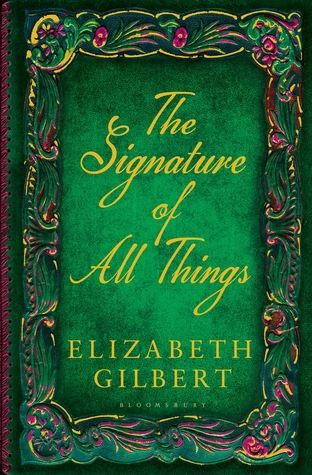Paperback: 378 pages
Genre: Historical Romantic Fiction
Publisher: Avon 2014
Source: The publishers in return for an honest and unbiased review.
First Sentences: They told me you want to know my story, why I ended up in this place? Well, there's a rum question and I've been asking it meself for the past fifty years.
Review Quote:“Liz Trenow sews together the strands of past and present as delicately as the exquisite stitching on the quilt which forms the centerpiece of the story.” Lucinda Riley
My Opinion: Recommended to those that enjoyed Liz Trenow's first novel, historical fiction readers and of course quilters!
It was in March last year that I read Liz Trenow's début novel The Last Telegram which I really enjoyed, as the author had drawn on her life experiences growing up as part of a silk weaving novel and turning it to a lovely story. No surprise therefore that once again the author has found inspiration for her second novel in the world of fabrics. Worth mentioning the background here as I feel it adds to enjoyment and understanding of the novel. Apparently whilst visiting the Warner Archive of fabrics, Liz Trenow was drawn to a case of the most beautiful cream and white damasks and brocades interwoven with gold and silver threads. These fabrics had been hand woven for the trousseau of Princess May for her wedding to the Duke of Clarence, but sadly he died just six weeks before the wedding, but she eventually married his younger brother the future George V. Another design from this stunning collection was chosen for her wedding dress and it is these shimmering silks over a hundred years later that inspired Liz to write 'The Forgotten Seamstress. This last paragraph alone should be enough to tempt you to read this novel which is just as good as her début, but oh so different.
Maria Romano,seamstress to the Royal Family and a patchwork quilt are the protagonists, along with Caroline who has inherited the quilt and is now fascinated to discover its story. Maria's life story is a sad one and told in such a clever way by the use of a previously recorded interview with her. With more than a century between the two women this was a clever technique that the author used to enable Caroline whilst researching the history of the quilt to hear the story in Maria's voice. It is a tale that is full of fanciful notions that may or may not be true and Caroline has to decide how much she should believe with the help of clues she picks up elsewhere along the way.
To say more will spoil the outcome, hopefully if I have made this sound like something you will enjoy, you will pick it up yourself. Recommended to those that enjoyed Liz Trenow's first novel, historical romantic fiction readers and of course quilters! My aim as always with my reviews is not to give you a potted version of the story but to encourage you to want to read the book for yourself. Always interested to know if I have succeeded.
For those of you that are Quilter's or thinking of becoming one the author has collaborated with Lynne Edwards and produced instructions for making Maria's Quilt, just click on the link to be taken to them.
Author Profile
Liz Trenow's family have been silk weavers for nearly three hundred years and she was born and brought up in a house next to the family silk mill. Her father and later her brother, went to work each day at the mill, silk therefore played a large part in her early life, though at the time she did not really appreciate this fact.
As a student she did a range of holiday jobs in the mill but, like Lily in The Last Telegram, the business held no real romance for her. What she really wanted was to become a journalist so, after a few years teaching skiing in Canada, she became one. Working in news and features for local and regional newspapers, as a news journalist for local radio and regional television, also at BBC Broadcasting House and Television Centre, before leaving to work in PR which had much more family-friendly working hours! After fifteen years working she then started to write fulltime. She lives in Essex with her sculptor husband, and has two grown-up daughters.
The silk company has a long and distinguished history which had never been recorded, so I started to research it with the intention of writing a book, but work, marriage and family took precedence in my life and the research languished in a file. As her parents reached their eighties, she realised there might not be much time left, so started recording conversations with them, individually and together, about their extraordinary lives. During one of these conversations, her father mentioned that during the Second World War what kept the mill going were contracts to weave silk for parachutes, surgical dressings (silk has amazing antiseptic properties) and electrical insulation (plastic had not been invented). He also told me how tricky it had been getting the porosity of the fabric just right for parachutes. It was after learning these facts that the idea for a novel was born, but it was only after retiring from full-time work and taking an obtaining an MA in Creative Writing at City University London that she actually started writing her début novel 'The Last Telegram'
The biographical information and photo used in this post are with thanks to the following websites, where you can also find more information about the author and her writing.
Goodreads Author Profile Amazon Author Profile Liz Trenow - Twitter Liz Trenow - Author's Official Website





